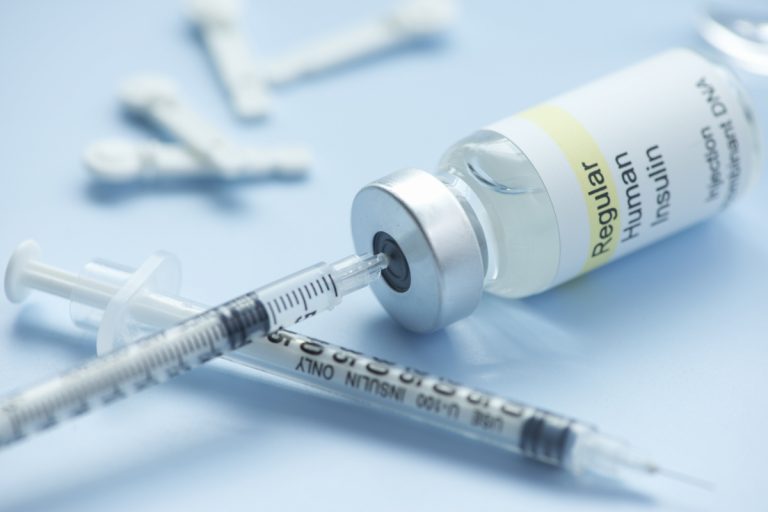A study identified a plasma fatty acid (FA) profile associated with type 2 diabetes mellitus (T2DM). The results were published in the European Journal of Nutrition.
This study comprised 462 patients with coronary heart disease from the CORDIOPREV study without T2DM at baseline. Overall, 107 patients in the study developed T2DM according to the American Diabetes Association diagnosis criteria after a median follow-up of 60 months. The researchers performed a random classification of patients in a training set, used to build a FA Score, and a Validation set.
FA selection with the highest prediction power was performed by random survival forest in the Training set, yielding four out of 24 FAs: myristic, petroselinic, α-linolenic and arachidonic acids. After constructing a FA Score with the selected FA and observed that patients with a higher score presented a greater risk of T2DM development, with a hazard ratio (HR) of 3.15 (95% confidence interval, 2.04-3.37) in the Training set and an HR of 2.14 (95% confidence interval, 1.50-2.84) in the Validation set, per standard deviation increase. Moreover, the researchers observed that patients with a higher FA Score presented lower insulin sensitivity and higher hepatic insulin resistance (P<0.05).
“Our results suggest that a detrimental FA plasma profile precedes the development of T2DM in patients with coronary heart disease, and that this FA profile can, therefore, be used as a predictive biomarker,” the researchers concluded.
Keywords: HbA1c, app-based, diabetes, diabetes intervention, digital health, glycemic improvements, health coaching, mHealth, mobile health, type 2 diabetes
Link: https://pubmed.ncbi.nlm.nih.gov/34609622/
Keywords: COX, Disease prediction, FA Score, Fatty acids, Type 2 diabetes









